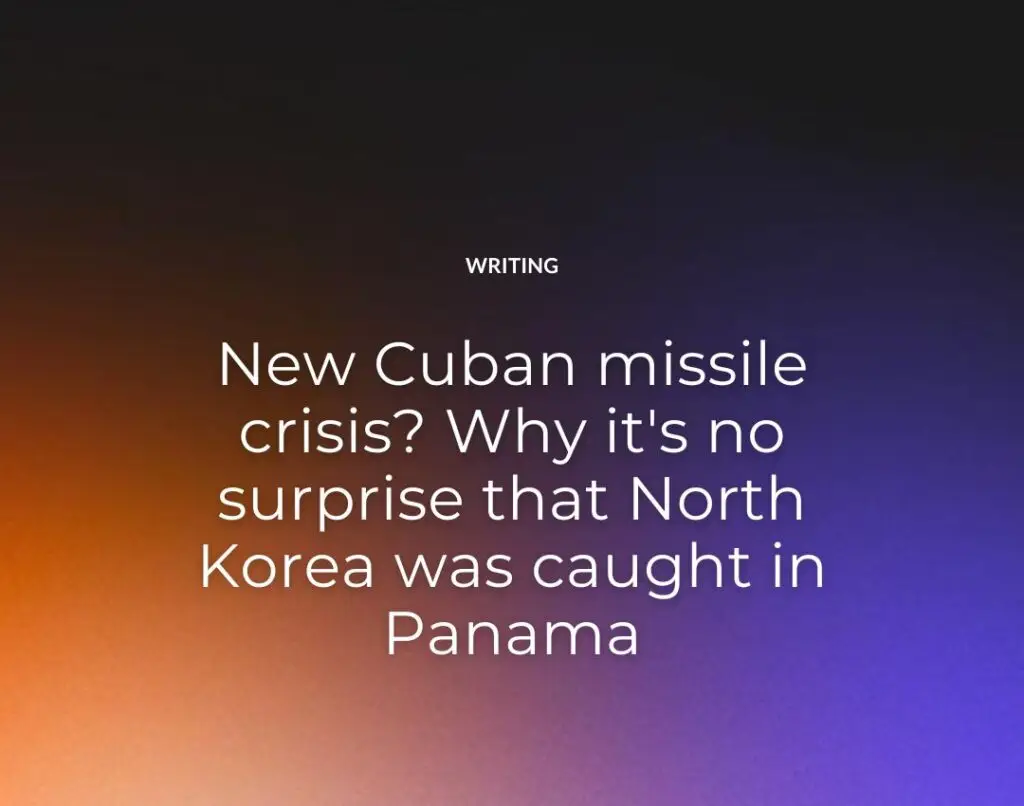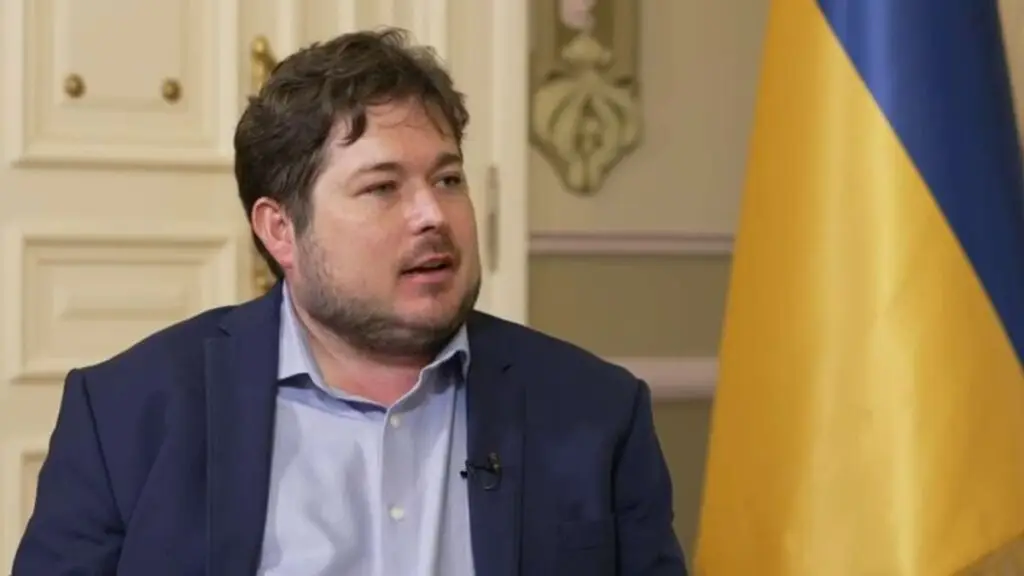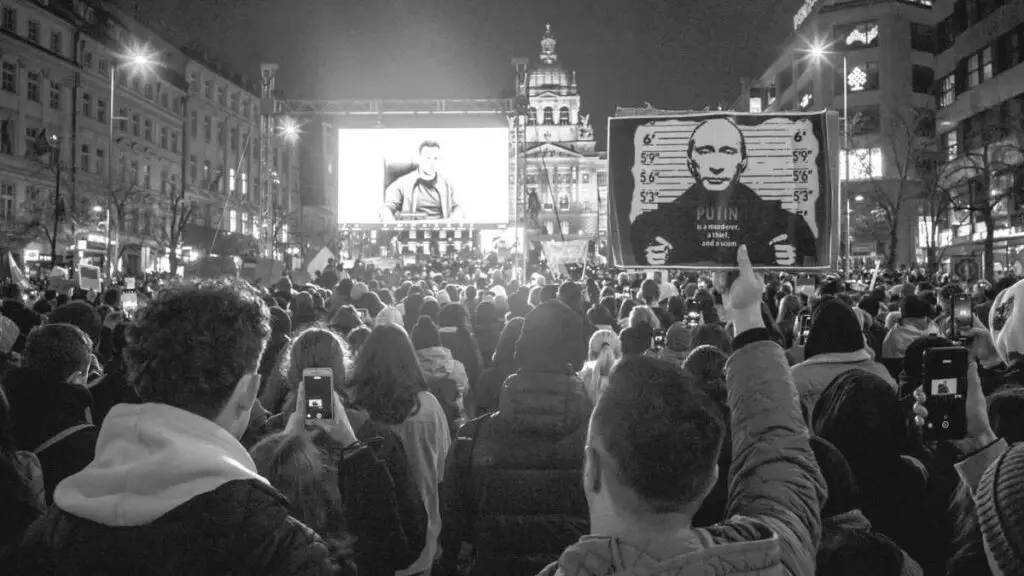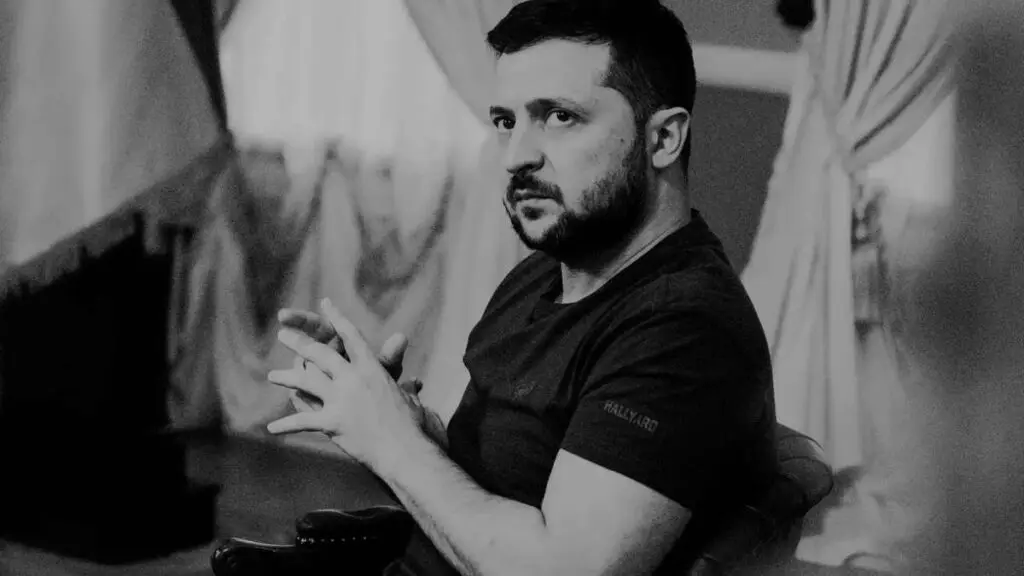By Geoffrey Cain
PRI’s The World
Jul 17, 2013
SEOUL, South Korea — North Korea, as usual, looks menacing, but can’t seem to keep its black ops under wraps. On Wednesday, Cuba came forward as the culprit behind a stash of weapons bound for North Korea. Panamanian authorities uncovered the illicit cargo last week—hidden in a shipment of brown sugar.
The Cuban foreign ministry claimed the obsolete, Soviet-made weapons, which included two fighter jets and the parts for anti-aircraft missiles, were being sent to Pyongyang for repair. United Nations sanctions prohibit the sales of arms to North Korea.
Whether or not that’s a violation, this isn’t the first time the pariah state has been caught ferrying weapons, drugs, and other niceties around the world.
In fact, when it comes to keeping secrets, the world’s most reclusive regime has a terrible track record. Here’s a list of other high-profile blunders.
Paradise lost in Thailand

An east European cargo plane full of heavy weapons that originated in North Korea is stopped on the tarmac at Thailand’s Bangkok airport. STR/AFP/Getty Images.
In December 2009, Thai authorities seized a North Korean airplane on a refueling stop in Bangkok. The finding? Forty tons of weapons that included grenades, rocket launchers, and other lethal cargo—along with all sorts of bizarre-looking tubes and devices used to put together arms.
Police and intelligence officials stayed silent on the cargo’s final destination, and it’s not even clear if they came to a firm conclusion. The five-person crew consisted of four people from Kazakhstan and one from Belarus. Many pundits speculated the firearms were headed for Iran, and the aircraft originally planned to make a refueling stop in Sri Lanka instead of Thailand.
A boneheaded move? Yes. Analysts pointed out that a North Korean airplane would have been smarter to land right next door in Myanmar, home to a friendly military regime with nuclear ties. Thailand is historically an American ally, and upholds UN sanctions against the isolated state.
Diplomatic drug lords

A Chinese paramilitary guard stands on duty outside the North Korean embassy in Beijing. Ed Jones/AFP/Getty Images.
This one goes way back. Ever since the late 1970s, North Korean diplomats have been occasionally caught in countries like Egypt and Norway traveling with illicit drugs and counterfeit money.
In March, accusations that North Korean diplomats were peddling narcotics surfaced again in a conservative South Korean newspaper, the Chosun Ilbo, although the allegations could not be verified this time.
Still, Andrei Lankov, a North Korea scholar, says this all began when North Korea became the first communist state to default on its international loans in the late 1970s. The debacle pretty much ended any hope for a state that justified its rule on Stalinist, egalitarian promises.
North Korean embassies lacked the funds to stay afloat, so diplomats had to raise cash on their own. Plus, drugs offered hard currency to the cash-strapped regime. Hashish and cocaine, sadly, were in demand.
Pirate flag

Sacks of powdered cement hides crates containing SCUD missiles December 9, 2002, on board an unmarked North Korean ship off the coast of Yemen. Spanish Defense Ministry/Getty Images.
Given the legal and diplomatic risks, it’s surprising that North Korea would fly its own flag when transporting weapons from Cuba. Ten years ago, that wouldn’t have been the case.
To escape the eyes of the world in the 1990s, the pariah state took advantage of one obscure “flag of convenience”: Cambodia. One Pyongyang official partnered with the Cambodian Shipping Corporation, a company that shipped drugs and weapons under a Cambodian flag.
That’s no longer possible. In 2002, the Spanish navy found one Cambodian ship to be carrying 15 SCUD missiles underneath bags of cement. The Cambodian dictator, Hun Sen, came under pressure from the US and South Korea to end ties.
The wily and pragmatic leader saw more value in aligning with Seoul, a country that is now his nation’s largest investor. The shipping corporation lost its license and was shut down in 2002.
The article was originally published in PRI’s The World
See Also:






